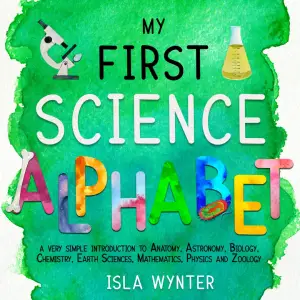Unlocking the Depths of Our Being: A Review of Personality Development: A Psychoanalytic Perspective
Ever find yourself pondering the intricacies of human behavior? For me, that curiosity often leads me to the profound realms of psychology. When I stumbled upon Personality Development: A Psychoanalytic Perspective by Michael H. M. F. de Klerk, my interest piqued not just by its topic but by the promise of a journey through human development from womb to adulthood. It felt like an invitation to dive deep into our emotional fabric, and I couldn’t resist.
This book serves as an illuminating guide, covering a spectrum of critical stages in our lives—from the astonishing processes of intra-uterine existence, through the treacherous toddler years, all the way to the latency period. De Klerk beautifully intertwines clinical observations with the intricacies of psychoanalytic theory, crafting a narrative that feels both academic and personal. It’s as if the author is sitting across from you, sharing insights that encourage you to reflect not just on your own experiences, but on those of everyone you know.
One of the standout themes for me was the exploration of “becoming a person in the family.” De Klerk deftly captures the dynamics of early family interactions, shedding light on how these shape our personalities later in life. His clinical anecdotes resonate with profound truths; they remind us how significant our early experiences are in determining our emotional landscapes. It’s fascinating (and a bit chilling) to think about how those first cries and coos can echo through a lifetime.
De Klerk’s writing style feels warm and accessible, which is essential given the dense material he tackles. The pacing strikes a beautiful balance, transitioning smoothly from one developmental stage to the next without losing momentum or making the reader feel overwhelmed. He has an innate ability to blend theory with real-life implications, making complex psychological concepts relatable. One quote that lingered in my mind was, “Personality unfolds; it is not preordained.” It perfectly encapsulates the essence of the book, encouraging us to view our identities as evolving entities shaped by myriad influences.
For anyone working in mental health or child care, this book is a gem. It bridges the gap between theory and practice, making it an essential read for professionals and students alike. But it also speaks to the layman, to anyone dipped in the waters of self-discovery or grappling with their own behavior and relationships. I found it not just a book of knowledge, but a tool for introspection—a mirror reflecting the complexities of both self and others.
In conclusion, Personality Development is more than a textbook; it’s a heartfelt exploration of what it means to develop as a person. It invites you to embark on a journey through your own history. If you’re curious about how we become who we are, or if you simply wish to understand those around you better, this book is a valuable companion. I walked away not just informed, but perhaps a bit more in tune with the symphony of human emotions and experiences. It’s a conversation starter in itself, perfect for anyone eager to navigate the labyrinth of personality. Happy reading!
You can find Personality Development: A Psychoanalytic Perspective here >>






